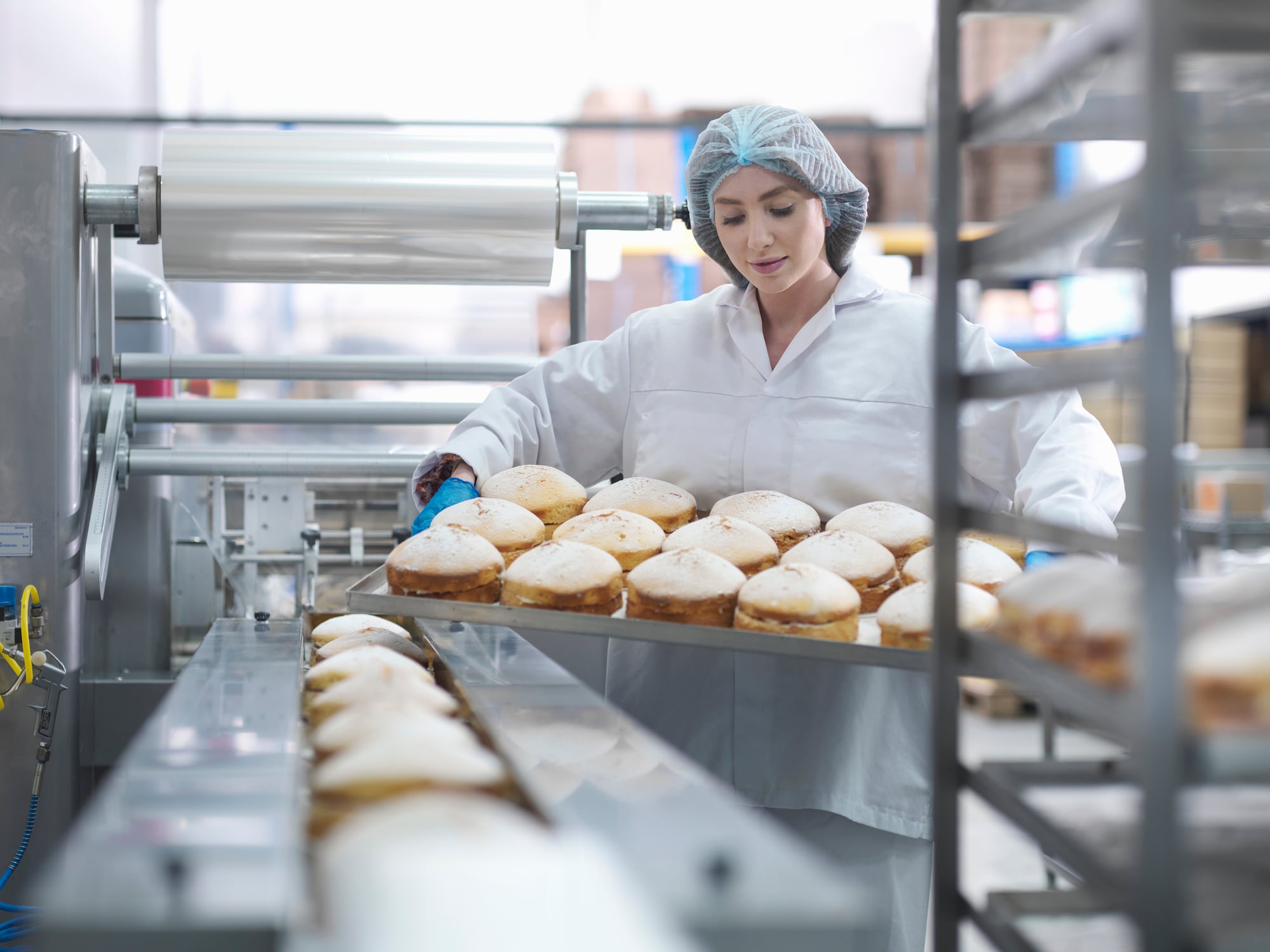The pandemic has seen a major shift in working patterns and this in turn has had a radical impact on the workforce – some of whom have never known any different.
Globally, an estimated 200 million people have started their careers since 2020, forming a hybrid generation with limited experience of the pre-pandemic workplace.
BSI’s 2025 Global Workforce Entrants Study developed in partnership with ResPublica, gathered the views of 4,700 people globally who started work during or since the pandemic. This included 518 people working in the global food sector.
During their first two years in work over one third (36%) of food sector career starters were fully site based, in line with global average. Almost a third (27%) were hybrid, 26% were primarily site based and 11% were fully remote, compared to 12% globally. Today 40% are fully site based, followed by 27% primarily so, 24% hybrid and 9% fully remote.
Wholly on-site roles should be higher paid
Overall, the research found that the majority of younger workers (64%) believe fully on-site employees should be paid more than remote workers; for those working in the food sector, this number only dropped marginally - at 63%. However, fully on-site work was found to be the least popular type of role.
Regardless of working patterns, separate research from LiveCareer has shown that 79% in the UK (across a range of ages) feel salaries are not keeping up with inflation and the cost of living.
For roles that require a full-time presence on site, 71% of the BSI respondents said these positions should offer other flexibilities and policies like core hours, including condensed hours or part-time working. For food workers, this increases to 76%.
Popular working patterns
The overall results show that hybrid work style is the most favoured job role, with 37% stating it as a preference compared to just 16% for fully remote. Just over a quarter (27%) of respondents wanted to be fully site based and 20% preferred primarily site based.
The results also indicated the importance of a consistent approach and a culture of trust. Almost half (49%) of respondents who currently work remotely or hybrid said they’d seek to leave their job if they were required to work fully on-site. This drops to 39% for food workers.
Meanwhile, the wider survey stats showed that 36% of those who currently work hybrid said they would not consider taking a job if it was fully remote.
LiveCareer’s research, meanwhile, showed that many UK workers (75%) anticipate more UK employers will announce return-to-office mandates and 51% believe there will be fewer remote work opportunities in 2025.
Yet, within the food sector, just 22% hope to remain in their current organisation for the next 10 years, according to BSI. This jumps to 35% who hope to remain for the next 5 years.
Whilst hybrid roles prove most popular, the BSI study did show that many see benefits in face-to-face interaction, with 60% saying hybrid roles should have dedicated days for teams to be together in person.
While different countries had varying views, the majority of respondents (52%) prefer holding one-on-one conversations in-person. Drilling down, in the UK, 55% were in favour of this compared to 27% of Japanese respondents.
And, within the food sector, 69% said they find their job easier when they are onsite and 66% say they are more efficient when they work onsite.
Motivators and well-being
When it came to motivators, overall respondents named work-life balance top (49%), followed by job stability (43%) and financial incentives (39%). The results for food sector workers are slightly lower than the global average - at 43%, 39% and 32% respectively.
The study also showed that, overall, as many as 34% say their mental health was negatively affected by remote work during the pandemic, increasing to 39% for food workers. However, 57% say their mental health is enhanced by a hybrid structure. This falls by 7% for those in the food sector.
Overall, more than one in five (22%) said social anxiety would impact their decision to take on a new fully on-site role. This jumps to one in four for those who already work in remote roles.
Younger workers not lazy
Susan Taylor Martin, chief executive of BSI said the results of the study provide “a strong counterpoint to the culture war narrative of a lazy generation”.
Rather, the study shows younger workers are very considered, thinking carefully about what they want from life and work and understand the trade-offs involved.
“They are our future leaders,” she continued. “Organisations thinking about how to attract, retain and get the most from their talent will surely benefit from starting from a place of understanding and empathy about the circumstances that shaped their newest starters and continue to inform what they want from their careers now.”
Kate Field, global head human and social sustainability at BSI, added: “Alongside the unique circumstances of the pandemic, they are also facing longer working lives and higher living costs so it is perhaps no surprise that sustainable careers – careers that serve their lives rather than the other way around – are a priority.
“This works for employers too, a healthy, happy workforce, inclusive of those with visible or invisible disabilities, mental health or neurodiversity needs, is a more innovative and productive workforce.”





